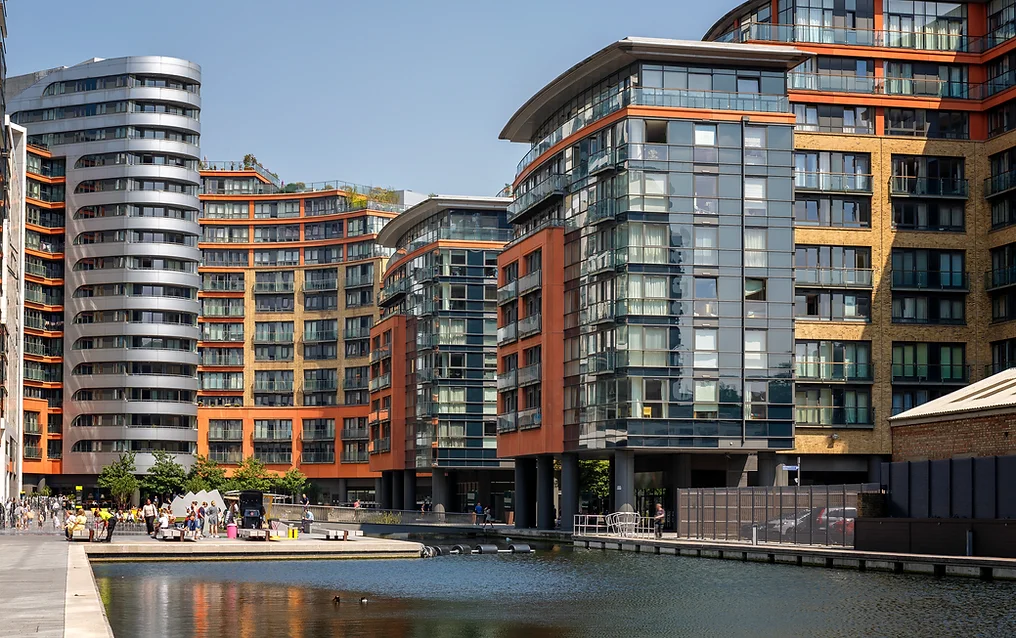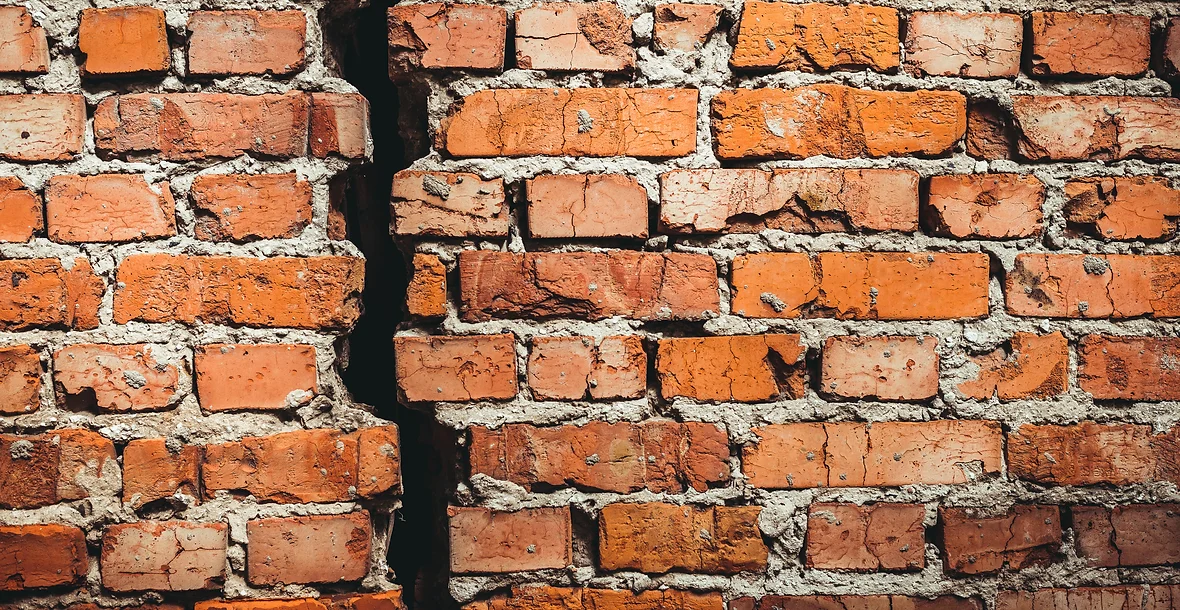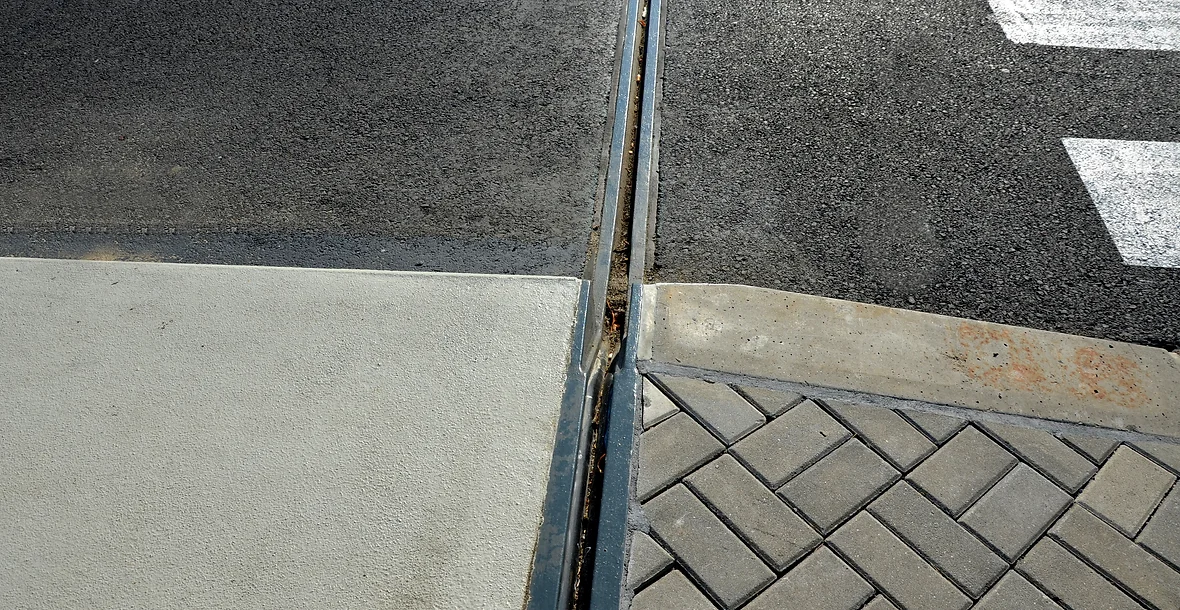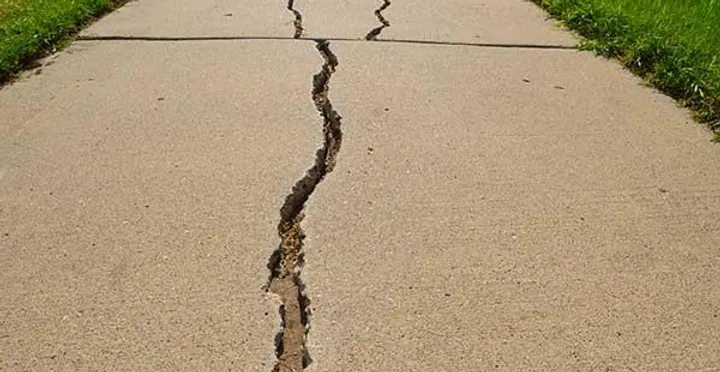Foundation Issues
COMMON SIGNS TO LOOK FORIdentifying cracks in walls, floors, and ceilings is important when assessing potential foundation damage. Deterioration can be the result of a variety of issues including soil, climate, plumbing leaks, poor soil compaction, and inadequate drainage. To help you identify potential problems, we’ve compiled a list of common issues that may indicate the need for repairs.

Residential Foundation Repair
We offer no-charge evaluations that require no commitment upfront. Your home’s repairs will depend on several factors. Some of the services we offer are the following : slab repair, mudjacking, tunneling, composite piling, pier and beam, etc. We make sure the repairs are done right the first time.

Commercial Foundation Repair
We have experience with Multifamily Apartments, Retail Strip Centers, Warehouses and more. Perma-Pier inspectors conduct a 5-step commercial assessment to determine the proper course of action based on each locations’ soil type. Our 5-step commercial process ensures each repair will last.
Reliability!
When you are looking for the right company to repair your foundation, Reliability is what matters – RELIABILITY of the company, RELIABILITY of the repairs, and RELIABILITY of the warranty. FS Renovations offers various Warranty Protection giving you the peace of mind to make the best decision possible.
Cracked Bricks
Inspect your brick and masonry to look for noticeable changes such as cracking and flaking each day. Most brick and masonry problems can be prevented by maintaining proper drainage systems and preventing water from accumulating on your property.
Expansion Joint Separation
Expansion joints are installed into a structure to help compensate for natural changes. These changes could be small shifts in the earth, humidity, wind, rain, or changes in temperature throughout the seasons. If your structure is settling in one or more corners of the house, it can cause the expansion joint to separate and fail, resulting in even more cracking.
Street Creep
Street creep is a common problem resulting from thermal expansion and contraction of concrete streets and pavement surrounding a property, causing the street to “creep” and exert tremendous pressure at the edge of the path, where the drive way meets a garage slab or house wall.
Frequently Asked Questions About Foundation, Concrete & Driveway Repair
Here are some common questions DFW Restoration answers regarding foundation, concrete, and drive way repair services
What are some signs of foundation problems? Look out for cracks in walls or ceilings, sticking doors and windows, uneven floors, gaps around door and window frames, bowing or leaning walls, and cracks in the structure itself.
Why is it important to address structural issues promptly? Ignoring problems can lead to more severe structural damage over time, affecting the stability and safety of your property. Early intervention can prevent costly repairs down the line and maintain your property’s value.
What are common types of foundation repair? Common repair methods include pier and beam repair, slabjacking (mudjacking), helical pier installation, and underpinning, depending on the specific issue and type.
What causes concrete cracks? Roads can crack due to various factors, including soil movement (expansion and contraction), settling, heavy loads, temperature changes, and improper installation or mixing.
What types of repair do you offer? We offer a range of repair services, including crack filling and sealing, resurfacing, leveling uneven slabs, and repairing spalled or damaged road.
Why should I repair cracks in my concrete drive way or walkways? Repairing cracks prevents water from seeping in, which can lead to further damage like erosion, weakening of the path, and trip hazards. It also improves the appearance and longevity of your surfaces.
What are some common drive way problems you repair? We address issues like cracks, potholes, uneven surfaces, crumbling road or asphalt, drainage problems, and damage from tree roots.
What are the options for driveway repair? Repair options can range from filling cracks and patching potholes to resurfacing, sealcoating (for asphalt), or even complete replacement, depending on the extent of the damage.
How long do concrete and drive way repairs typically last? The longevity of repairs depends on the type of repair, the quality of materials used, and the underlying soil conditions. Proper repair techniques and maintenance can significantly extend the lifespan of your drive way.
Will repairing my foundation or driveway increase my property value? Addressing structural issues like problems and maintaining the condition of your driving path can definitely help preserve and potentially increase your property value by ensuring its stability and curb appeal.
How do you assess the extent of foundation or pathway damage? We conduct thorough inspections to identify the root cause and extent of the damage. This may involve visual assessments, leveling measurements, and soil analysis in the case of issues.
What should I do if I notice a problem with my foundation, asphalt, or driveway? It’s best to contact DFW Restoration as soon as you notice any signs of damage. Early assessment and repair can often prevent more significant and costly problems in the future.




